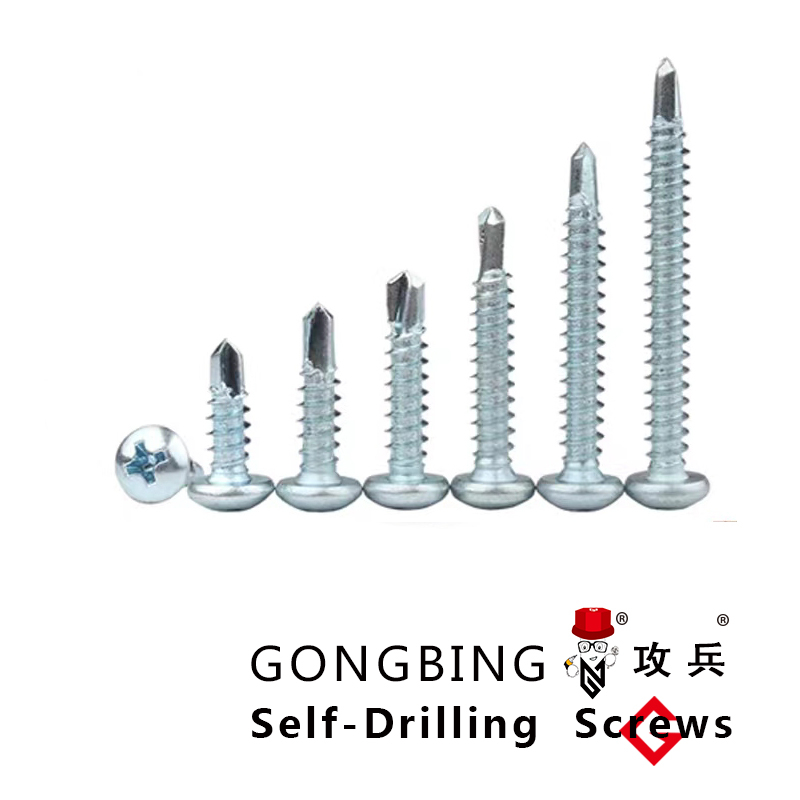Understanding the Functionality and Uses of Wedge Bolts in Construction and Engineering
Understanding the Wedge Bolt A Key Element in Mechanical Fastening
In the realm of mechanical engineering and fastening technology, the wedge bolt is an essential component that facilitates secure connections between different parts and structures. Its design, applications, and advantages have made it a popular choice in various industries, from construction to automotive manufacturing. This article delves into the specific characteristics that make wedge bolts indispensable in mechanical assemblies.
What is a Wedge Bolt?
A wedge bolt is a type of fastener characterized by a unique shaped head that resembles a wedge. This design allows for superior grip and locking mechanisms when the bolt is installed. By utilizing a simple yet effective principle of mechanics, wedge bolts can distribute loads evenly across their surface, minimizing the risk of loosening under stress or vibration. The key feature of a wedge bolt is its ability to create a mechanical lock through the wedging action, significantly enhancing the reliability of connections.
Design Features
Wedge bolts come in various materials, such as steel, stainless steel, and other alloys, chosen based on the required strength, corrosion resistance, and environmental conditions in which they will operate. The surface finish can also vary to improve durability and resistance against wear and corrosion. Additionally, wedge bolts can be manufactured in different sizes and thread types, making them versatile for numerous applications.
One of the defining characteristics is the angled surface of the head, which allows for a mechanical advantage when tightening. As the bolt is turned, the wedge shape engages more deeply with the mating surface, providing a friction lock that prevents slippage. This feature is particularly valuable in applications where vibrations or dynamic loads are a concern, such as in automotive assemblies and machinery.
Applications
Wedge bolts are employed across a broad spectrum of industries. In construction, they are crucial for securing beams and structural elements, ensuring the stability and integrity of buildings and bridges. In automotive manufacturing, they play a vital role in assembling engines and other critical components, where safety and performance are paramount. Their robustness also makes them ideal for machinery where equipment is subjected to high wear rates.
The versatility of wedge bolts extends to the aerospace sector, where precision and reliability are non-negotiable
. The ability to withstand extreme conditions and maintain integrity over time makes them suitable for use in aircraft components, ensuring safety and performance.wedge bolt

Advantages of Wedge Bolts
The advantages of using wedge bolts are numerous
1. High Load Capacity The wedge mechanism allows these bolts to bear significant loads, making them ideal for heavy-duty applications.
2. Resistance to Loosening Due to their design, wedge bolts provide superior resistance to loosening under vibration and dynamic loads, enhancing safety in critical assemblies.
3. Ease of Installation Wedge bolts can be installed and removed relatively easily compared to other fasteners, facilitating efficient assembly and maintenance.
4. Cost-Effectiveness With their long service life and reduced maintenance requirements, wedge bolts represent a cost-effective solution for numerous applications.
5. Versatility Available in a range of materials and sizes, wedge bolts can be tailored to specific needs, making them suitable for various industries.
Conclusion
In conclusion, wedge bolts represent a critical advance in fastening technology, combining simplicity with effectiveness. Their unique design offers significant advantages that enhance safety and reliability across numerous applications. As industries continue to evolve and demand higher performance from their components, wedge bolts will undoubtedly remain a key player in the mechanical fastening landscape. By understanding their characteristics and applications, engineers and professionals can make more informed decisions about fasteners, ensuring the integrity and longevity of their projects. Whether in construction, automotive, or aerospace, the wedge bolt will continue to serve as a foundation for secure and reliable mechanical assemblies.
-
Wedge Anchor Bolts: Secure Fastening SolutionsأخبارAug.05,2025
-
Insulation Fixings: Secure and Durable SolutionsأخبارAug.05,2025
-
Full Threaded Studs: Versatile Fastening SolutionsأخبارAug.05,2025
-
Expanding Fasteners: Secure and Reliable SolutionsأخبارAug.05,2025
-
Butterfly Toggle Anchors: Secure and Easy to UseأخبارAug.05,2025
-
Bracing Solutions for Steel StructuresأخبارAug.05,2025
